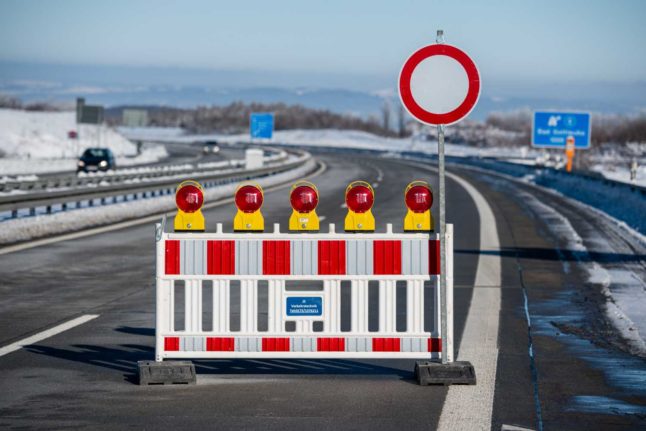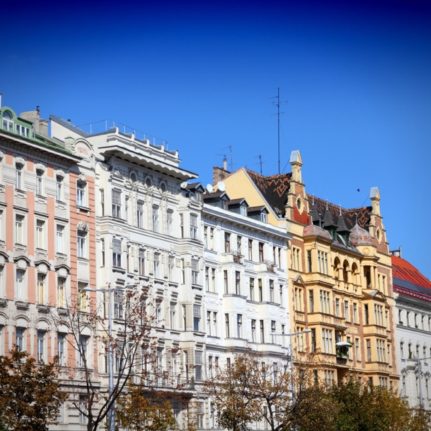As of Monday, Burgenland broke from its eastern neighbours to end its coronavirus lockdown.
Now, residents of Burgenland will not be restricted from leaving their homes during the day (from 6am to 8pm) like residents of other Austrian states.
The 24-hour stay-at-home order stays in place in Vienna and Lower Austria until at least May 2nd.
One of the major consequences is that non-essential shops along with close-contact services can again open in Burgenland.
Despite the relaxation of the rules, residents of Vienna and Lower Austria are not allowed to make the short trip across the border to go shopping or to have their hair cut, get a tattoo or use other close contact services.
While this was likely to be less of a problem previously – particularly as the distance from Vienna to a non-eastern state and back would take several hours – the trip to Burgenland is much shorter.
On Monday, police in Burgenland said they would be conducting checks to stop people from entering from Vienna and Lower Austria.
Am I not allowed to cross state borders at all?
You are not prevented from crossing state borders if the reason you are doing so is “one of the necessary basic needs of life”.
For Vienna and Lower Austria residents, this is the same rule that applies as to whether you can leave the house or not.
More information on the necessary basic needs of life is available in the following article.
Austria’s coronavirus lockdown: Under what circumstances can I leave my apartment?
For instance, you may cross into another state as part of a hike or a walk, or you may visit a relative or partner in another state, provided you comply with the rules.
However, haircuts, tattoos and shopping for non-essential goods are not considered as sufficient reasons to cross the border.
What about food shopping or filling my car with petrol?
Shopping for essential goods is still allowed during Vienna and Lower Austria’s hard lockdown – but unfortunately you cannot cross the border to do so.
The police are likely to have some flexibility with this, for instance if the closest supermarket or petrol station is just across the border and you would have to travel further to do so in your own state, however taking a 45 minute trip to go to a grocery store in Burgenland when there’s one next to your house is likely to be seen as not part of the ‘basic needs of life.



 Please whitelist us to continue reading.
Please whitelist us to continue reading.
Member comments